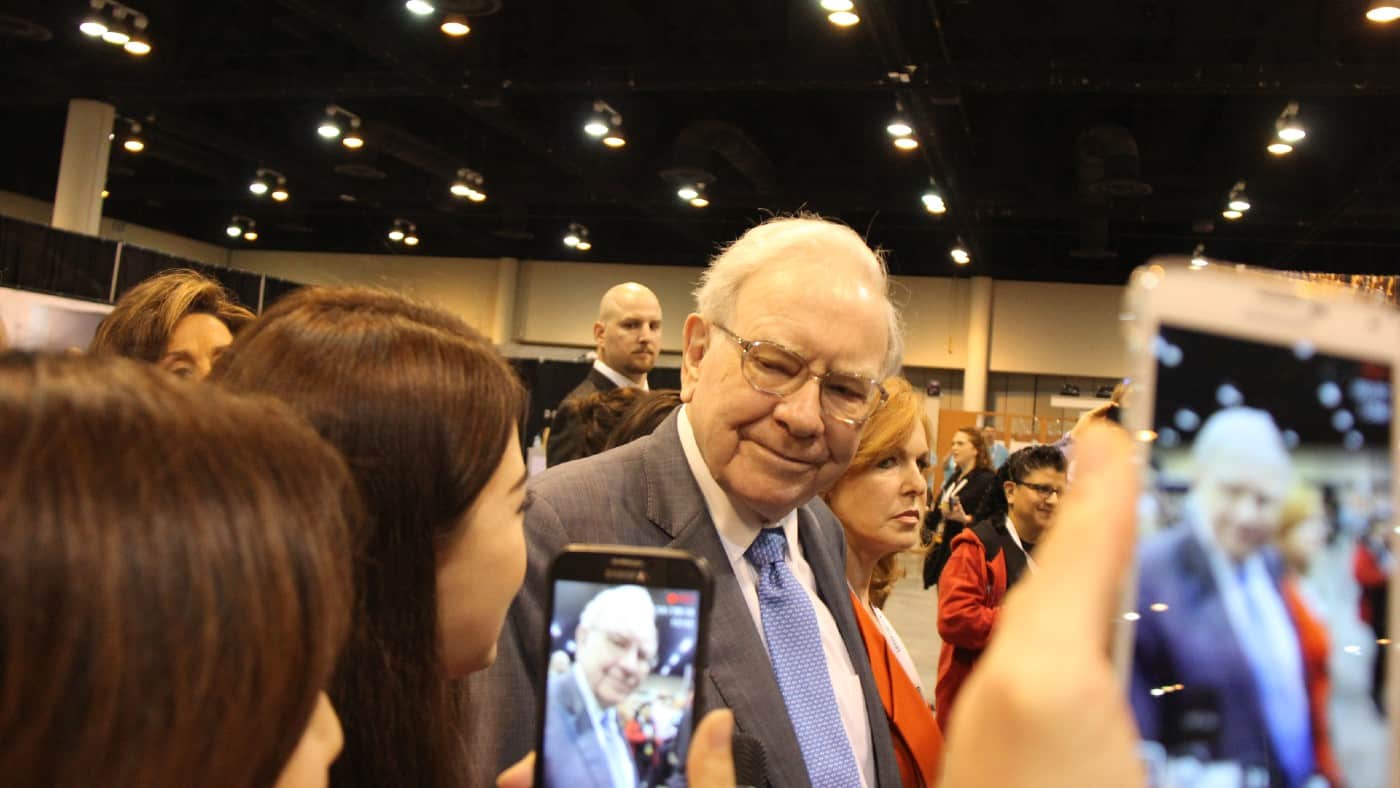Warren Buffett has shared many of his investing methods and tips over the decades. One of his most powerful strategies involves waiting patiently for exceptional investment opportunities that offer high potential returns with lower risk. Here’s a FTSE 100 dividend stock that I reckon fits the bill.
Buffett’s baseball analogy
The Oracle of Omaha has often used baseball metaphors to explain his approach to long-term investing.
His most famous is where he likens investing opportunities to pitches thrown in a game of baseball. He says there is no need to swing at every opportunity that is tossed your way.
Instead, Buffett advises investors to be patient and wait for the right pitch—a “fat pitch“—before swinging.
The trick in investing is just to sit there and watch pitch after pitch go by and wait for the one right in your sweet spot. And if people are yelling, ‘Swing, you bum!,’ ignore them.
Warren Buffett
Using this idea to invest
It’s no secret that FTSE 100 bank stocks have long been cheap. However, they’re now valued no higher than they were in the spring of 2009, just after the global financial crisis.
Even Chancellor Jeremy Hunt recently met with bank bosses at Downing Street to discuss what can be done to boost valuations.
While nibbling at Lloyds shares since last year, I’ve largely avoided the rest of the big banks. That is, I’ve let a fair few pitches go by, despite being tempted by the low values and increasingly higher yields.
However, there reaches a point when a stock just become too cheap to ignore any longer. To me, HSBC Holdings (LSE: HSBA) has now reached this point.
A Footsie fat pitch
Shares of the Asia-focused bank are trading at less than six times expected earnings. The price-to-book ratio here is 0.9, which means the bank is selling for less than its total equity value.
While that’s true for other banks, HSBC is also carrying a higher 7.8% dividend yield for 2023. This rises to 10% in 2024 as it intends to pay a special dividend of $0.21 per share in the first half following the sale of its Canadian operation.
Meanwhile, the bank announced a $3bn share buyback in its trading update in October, bringing the total for the year to $7bn.
Now, just because I think the stock looks like a fat pitch, that doesn’t mean I’ll hit a home run. I could be underestimating the commercial property crisis in China and the potential for much higher credit losses.
Additionally, there’s always a risk of unfavourable future regulation in mainland China. And the spectre of a global recession continues to cast a shadow over the entire sector.
Still, I think the potential passive income rewards outweigh the risks here. As such, I’ve been buying shares and intend to carry on doing so.
Looking ahead, I think HSBC’s focus on high-growth markets like wealth management in Asia should pay off.
According to Statista, the region’s global share of ultra-high-net-worth individuals could hit 29% by 2027, up from just 15% in 2004.
Therefore, HSBC appears ideally positioned for solid long-term growth. Pair this with a low valuation and high-yield dividends, and I reckon it’s the perfect pitch for me to swing at today.








